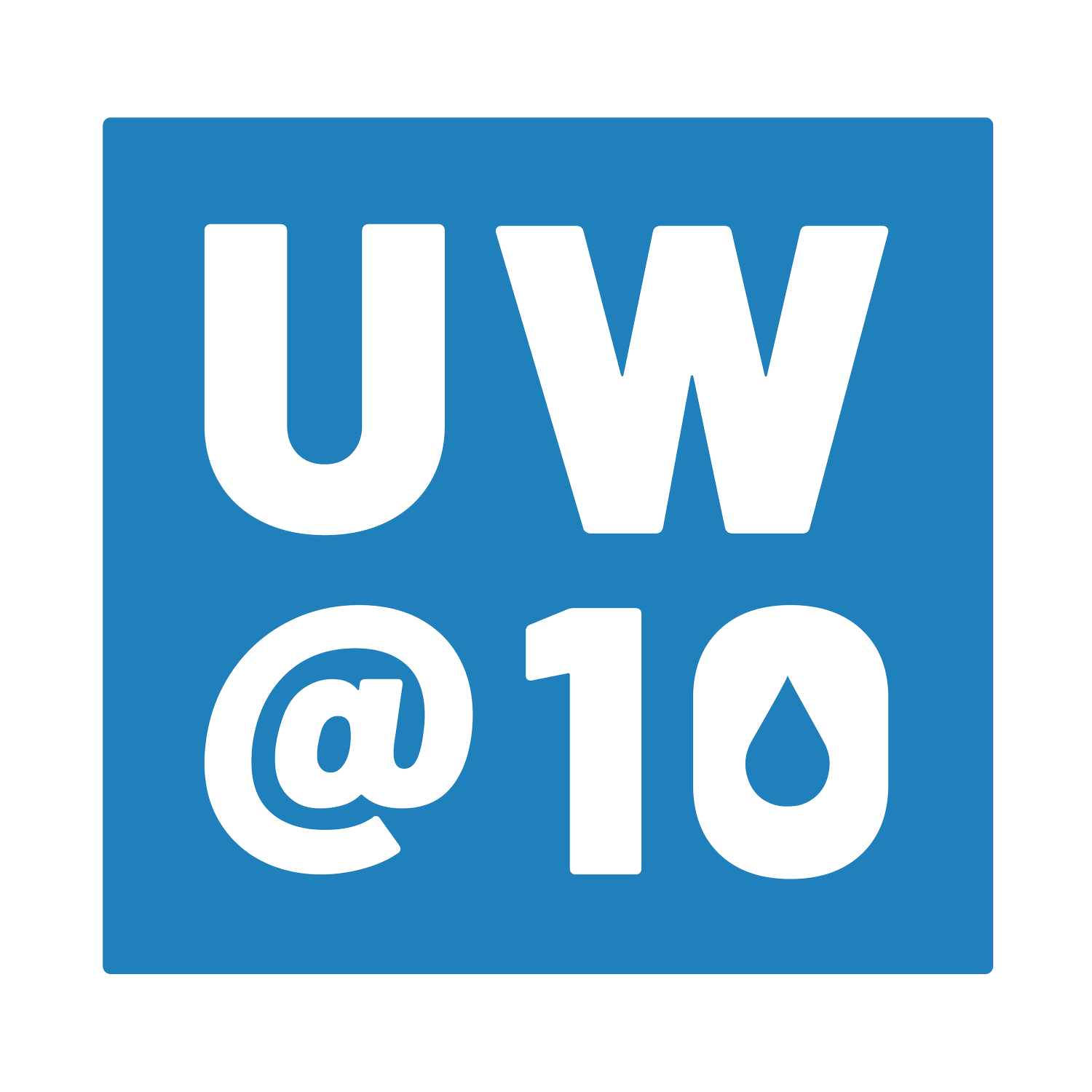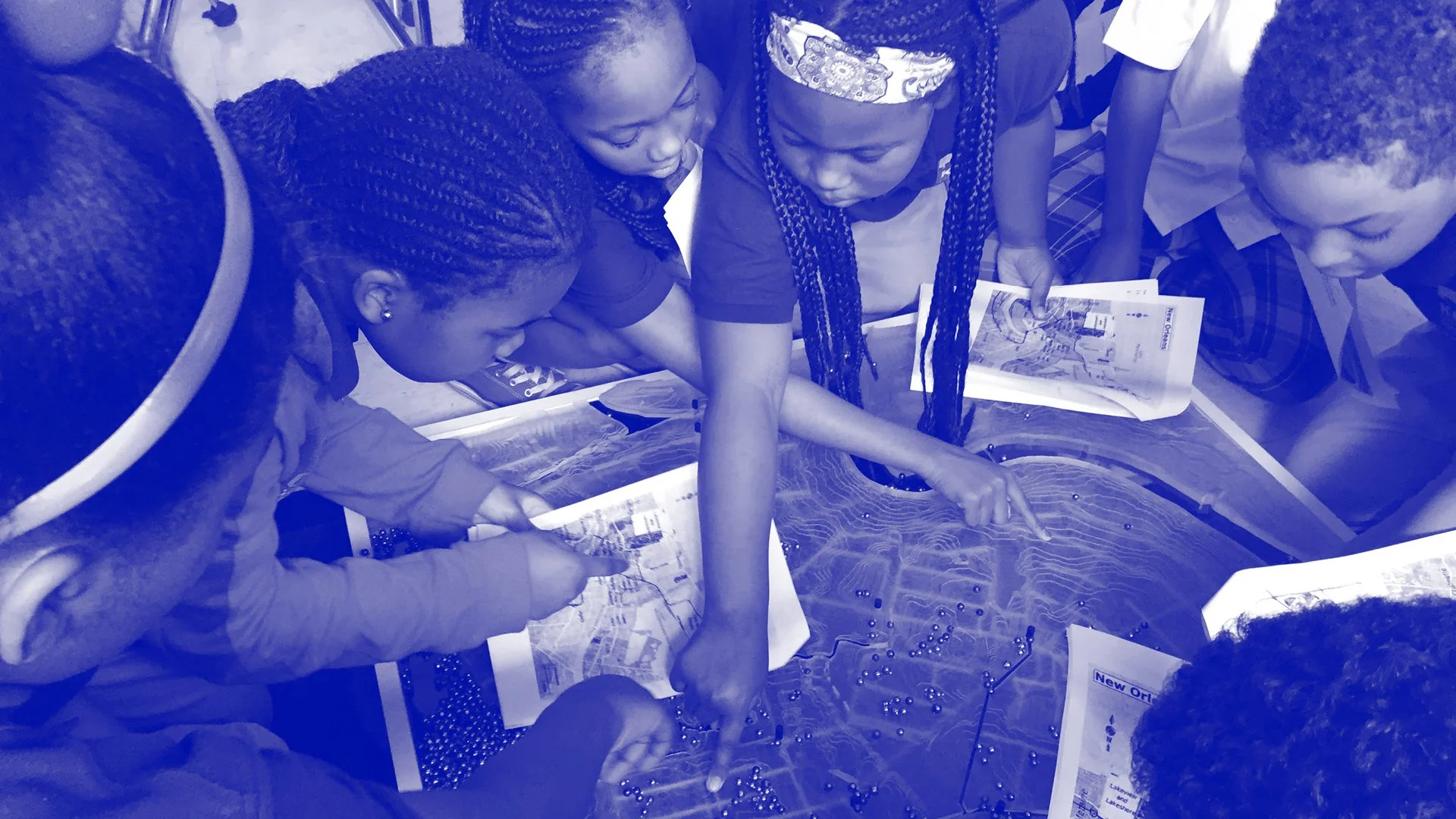
Education
Invest in water and environmental literacy programs for residents at every stage of life
Over the past decade significant progress has been made to connect K-12 students and adult learners with curriculum and other resources to understand our region’s unique ecology and environmental challenges. However, public outreach efforts on urban water projects have also shown that confusion over basic hydrological and environmental knowledge remains, within institutions and the public at large. Mistrust between relevant public institutions and within civil society generally can hamper efforts to implement urban water projects. This situation calls for a region-wide commitment to improving educational programs, beginning with locally adapted K-12 curriculum to empower youth to grasp and eventually take on water challenges in the future.
Background

“To achieve greater access to robust environmental education that prepares our region to tackle complex water issues, formal and non-formal education entities must collaborate to implement a system of interventions that will increase the quality and quantity of water literacy learning opportunities for K-12 students.”
- Claire Anderson, Ripple Effect
Insights & Opportunities
Residents of New Orleans are more aware and supportive of new methods of managing water and “living with water” than a decade ago. This demonstrates the success of cross-sector efforts at shifting the water management paradigm in the region.
Many formal and non-formal learning entities and practitioners currently provide access to environmental education opportunities in the region, but these programs are inconsistent and lack alignment.
Interest and awareness of urban water issues has grown but collaborative communication and clear messaging remain challenges. This includes basic information about the scope of responsibility of utilities and public entities.
Programs that enable residents to complete green infrastructure at their own homes are excellent tools to increase public awareness of urban water issues and possible solutions.
Colleges and universities have the capacity and responsibility to support the development of curriculum and degree programs to address the sector's workforce development challenges.
Enhance public access and informational resources—from basic educational signage to in-depth tours—at important sites in the urban water system, pump stations, flood protection systems, etc.
Begin education on water issues as early as possible in a child’s educational journey. Key concepts and building blocks for more advanced understanding can begin as early as pre-K.
Emphasize field-based, experiential learning opportunities that enhance resident capacity to use scientific skills in their civic participation.
Bring formal and non-formal learning entities and practitioners together to develop shared goals, priorities, and strategies to develop consistent, standards-aligned water literacy programs for K-12 public school students.
Conduct comprehensive communication and outreach to share information with the public about urban water basics and specific projects on an ongoing and comprehensive basis, moving beyond project-specific outreach than only occurs ahead of a project’s construction.
Example Projects





